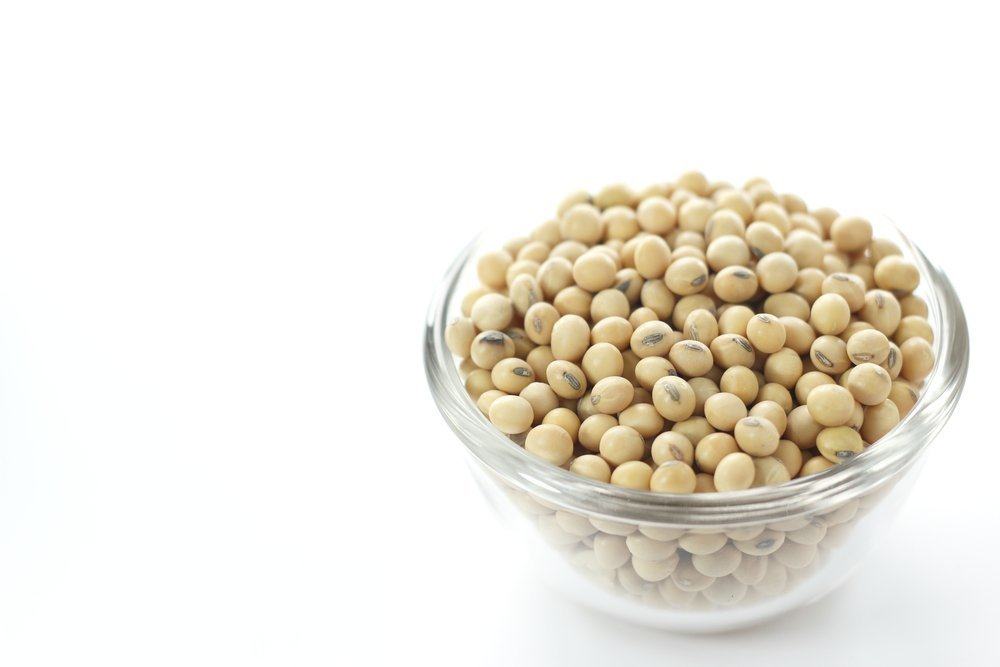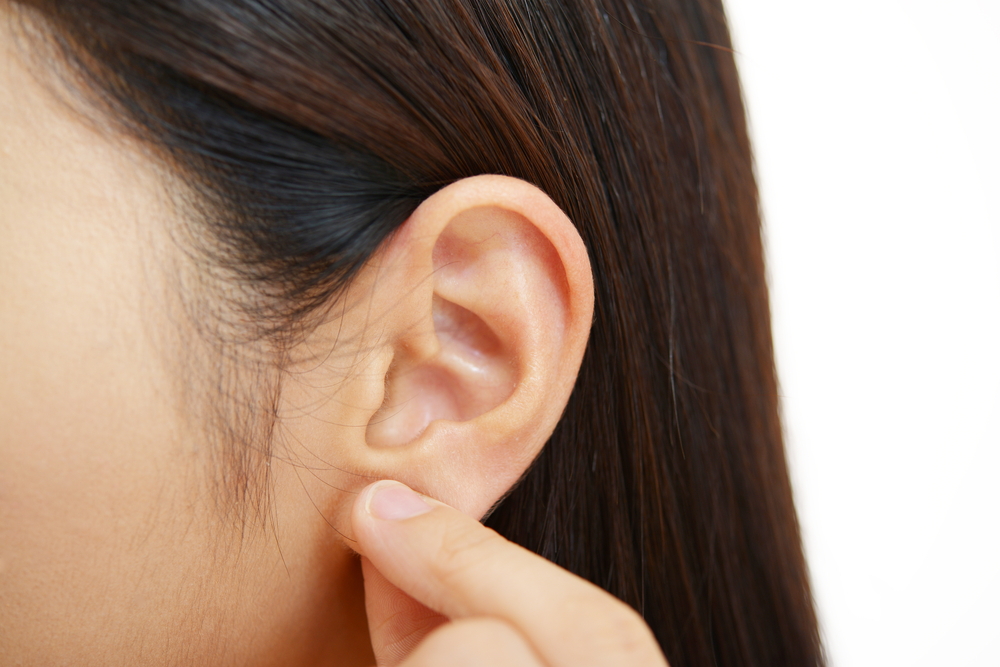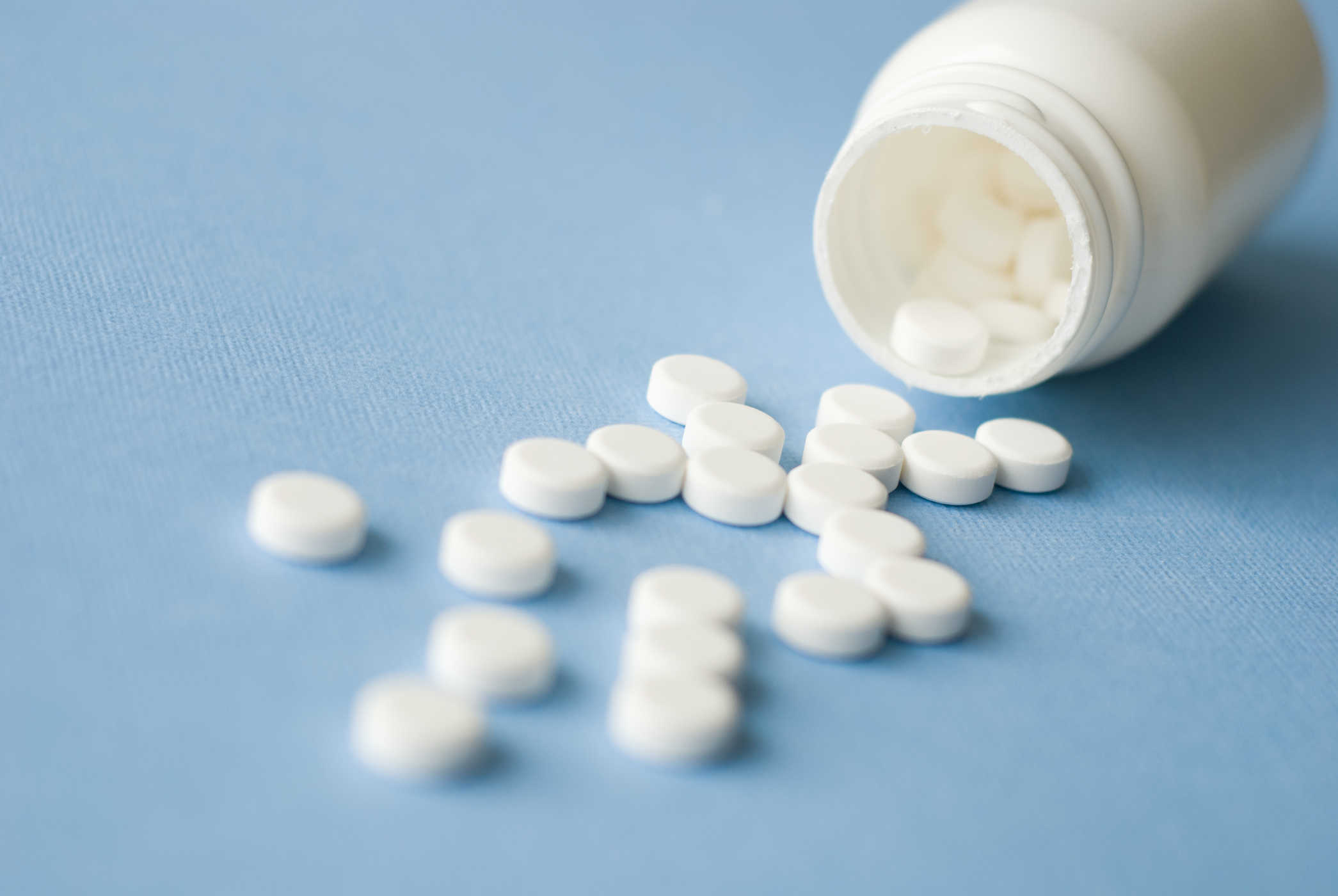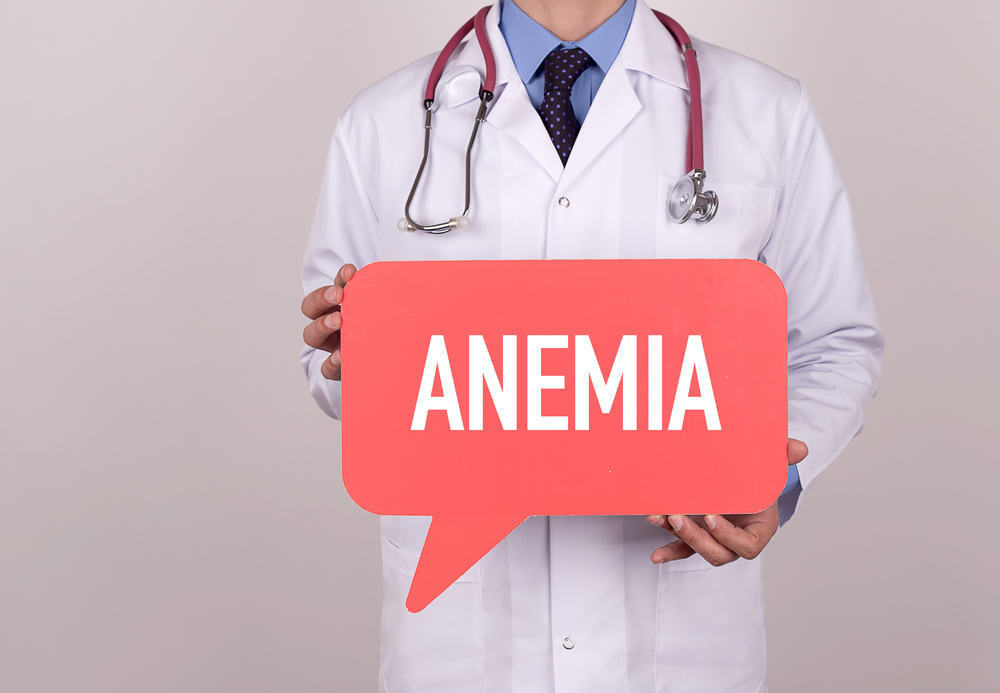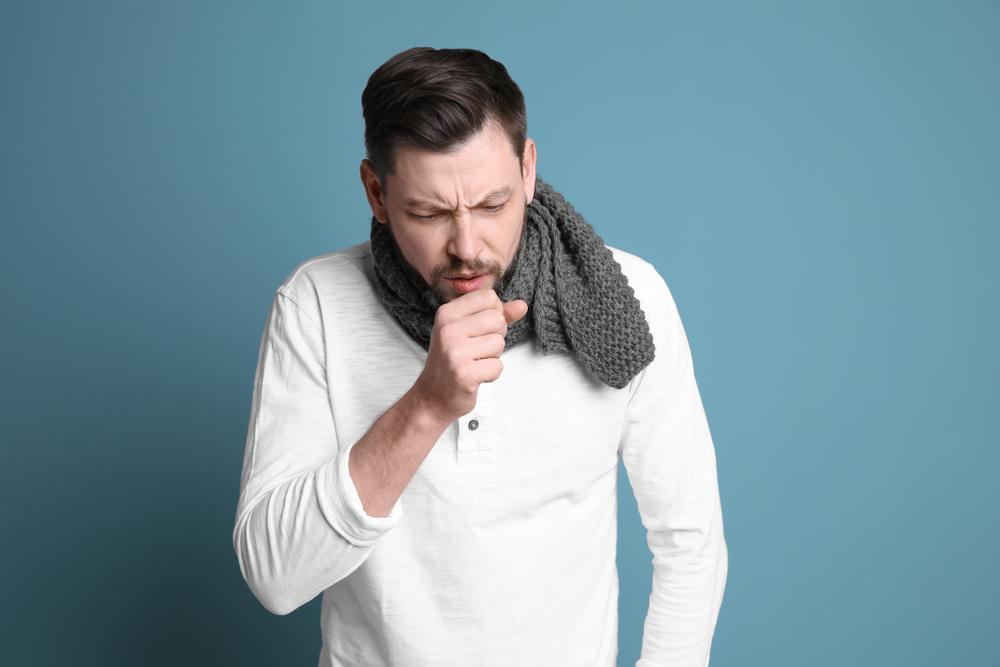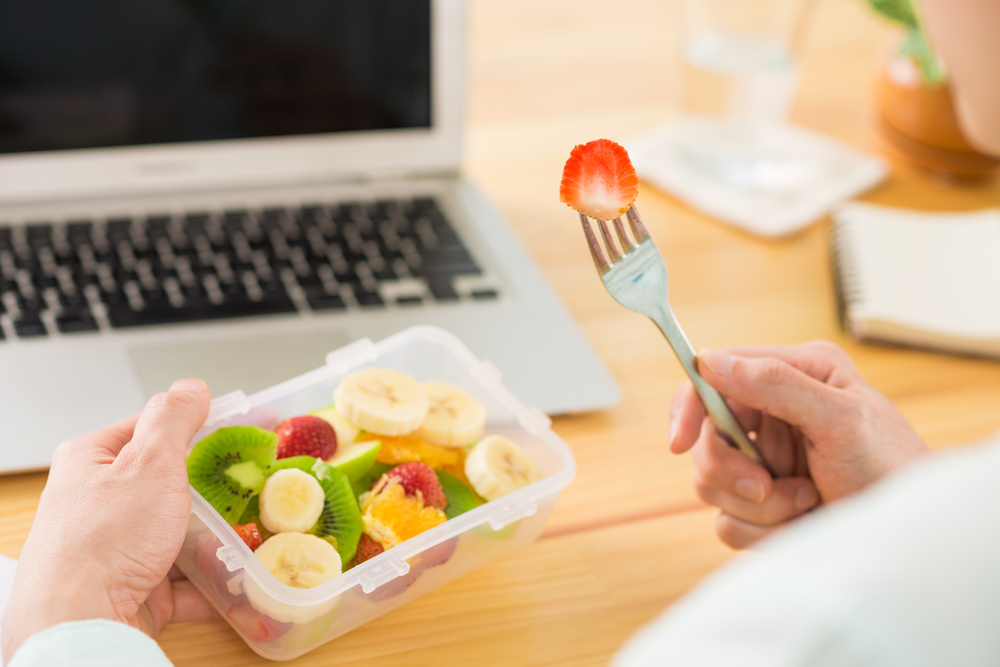Contents:
- Medical Video: 4 Foods That Mess Up Your Hormones
- What is phytoestrogens?
- Phytoestrogens and their effects on cancer
- Soybeans and cancer
- Flaxseed and cancer
Medical Video: 4 Foods That Mess Up Your Hormones
Some people may assume that foods containing phytoestrogens can trigger cancer because they contain estrogen. However, is this presumption correct? Before discussing the relationship between phytoestrogens and cancer, we better know in advance what phytoestrogens are.
What is phytoestrogens?
Phytoestrogens are compounds in plants that are similar to the hormone estrogen in the body. However, phytoestrogens are generally weaker to form estrogen than natural estrogen hormones found in the human and animal bodies. Some foods that contain phytoestrogens, such as herbs and herbs (garlic, parsley), grains (soybeans, wheat, rice), vegetables (beans, carrots, potatoes), fruits (pomegranates, cherries, apples), and drinks (coffee).
These phytoestrogens can be divided into two main groups that are most often studied, namely:
- Isoflavones, which are commonly found in soybeans and its products, as well as other nuts
- Lignans, can be found in grains, fiber, linseed, nuts, fruits, and various vegetables
Phytoestrogens and their effects on cancer
It has been widely known that high estrogen levels in the body is one of the causes of breast cancer. However, the influence of phytoestrogens (which resemble estrogen) in cancer is still questionable.
Soybeans and cancer
Soybeans are one of the foods that contain a lot of phytoestrogens (isoflavone groups) which are found in the forms of genestein and daidzein. Some studies may find that soybeans can trigger cancer, especially breast cancer. However, also not a few studies say that soy can prevent cancer.
Research involving Asian and non-Asian populations shows that soy consumption is not associated with breast cancer. The study, conducted by the American Journal of Clinical Nutrition involving around 15,000 Dutch women aged 49-70 years and conducted for 4-8 years, showed that there was no relationship between isoflavone intake and the incidence of breast cancer.
Even some studies show that consumption of soybeans or other vegetables that are high in phytoestrogens on a regular basis can provide a protective influence on the development of breast cancer. Research in China, where soy is part of their eating habits, shows that higher soy intake in adolescence or adulthood is associated with a reduced risk of breast cancer before entering menopause. Other studies in Chinese women who were previously diagnosed with breast cancer show that regular consumption of soy in various forms is associated with a reduced likelihood of cancer recurrence and can last longer.
In addition to breast cancer, several studies have also shown that soy is not proven to increase the risk of uterine cancer and ovarian cancer. Soybeans do not contain estrogen, but contain phytoestrogens which have a structure similar to estrogen. So, consumption of soybeans is safe for those of you who don't or who have cancer.
Flaxseed and cancer
Flaxseed is a food source rich in lignans, a type of phytoestrogens. Lignans have estrogenic and anti-estrogenic effects on the body. Lignan is one of the substances that is controversial whether women with breast cancer safely eat flaxseed.
Lignans, which are found in flaxseed, can alter estrogen metabolism in the body. In menopausal women, lignans can cause the body to produce a little estrogen in the active form. This is believed to reduce the risk of breast cancer. So adding flaxseed to your intake can reduce cell growth in breast tissue.
Some studies also show that flaxseed can improve the process of apoptosis (or programmed cell death), so that damaged cells can be prevented by the body from multiplying. If left unchecked, the proliferation of damaged cells can later develop into cancer.
Several studies on cells and animals have shown that the two types of phytoestrogens found in lignans, namely enterolactone and enterodiol, can help suppress the growth of breast tumors. Other studies have also shown that high consumption of flaxseed (which contains lignans) is associated with a reduced risk of breast cancer. In addition, lignans are also associated with reduced aggressive tumor characteristics in women diagnosed with breast cancer.
The conclusion is that eating foods containing phytoestrogens, such as soybeans and their products and flaxseeds, is not proven to cause cancer. Indeed, many studies have shown that both foods can prevent cancer, especially breast cancer associated with the hormone estrogen. Both types of food are good because they contain various nutrients that are good for the body. Especially for vegetarians, soybeans and their products are one of the most important sources of vegetable protein.
READ ALSO
- Is it true that soybeans and broccoli can prevent cancer?
- 5 Types of Breast Lumps that Are Not Cancer
- Regulating a Healthy Diet For Those Who Are Recovering from Cancer

